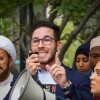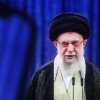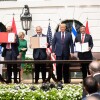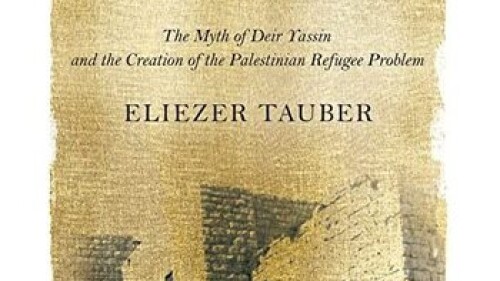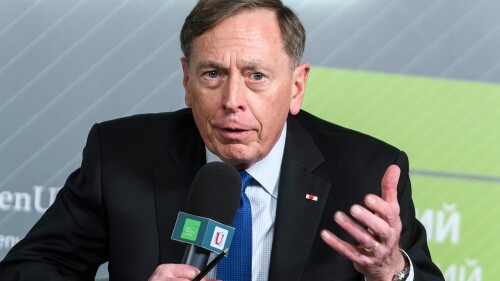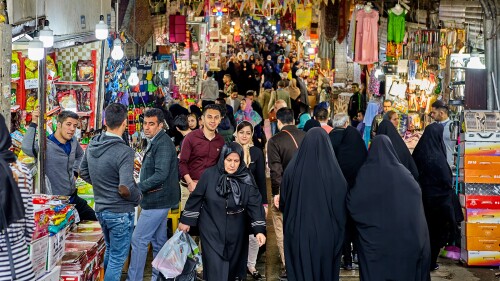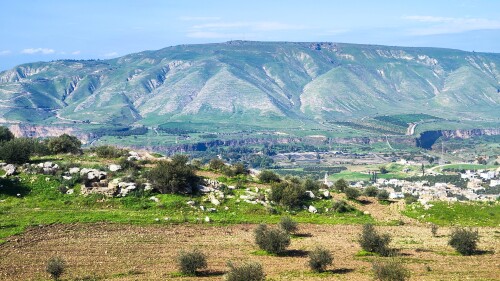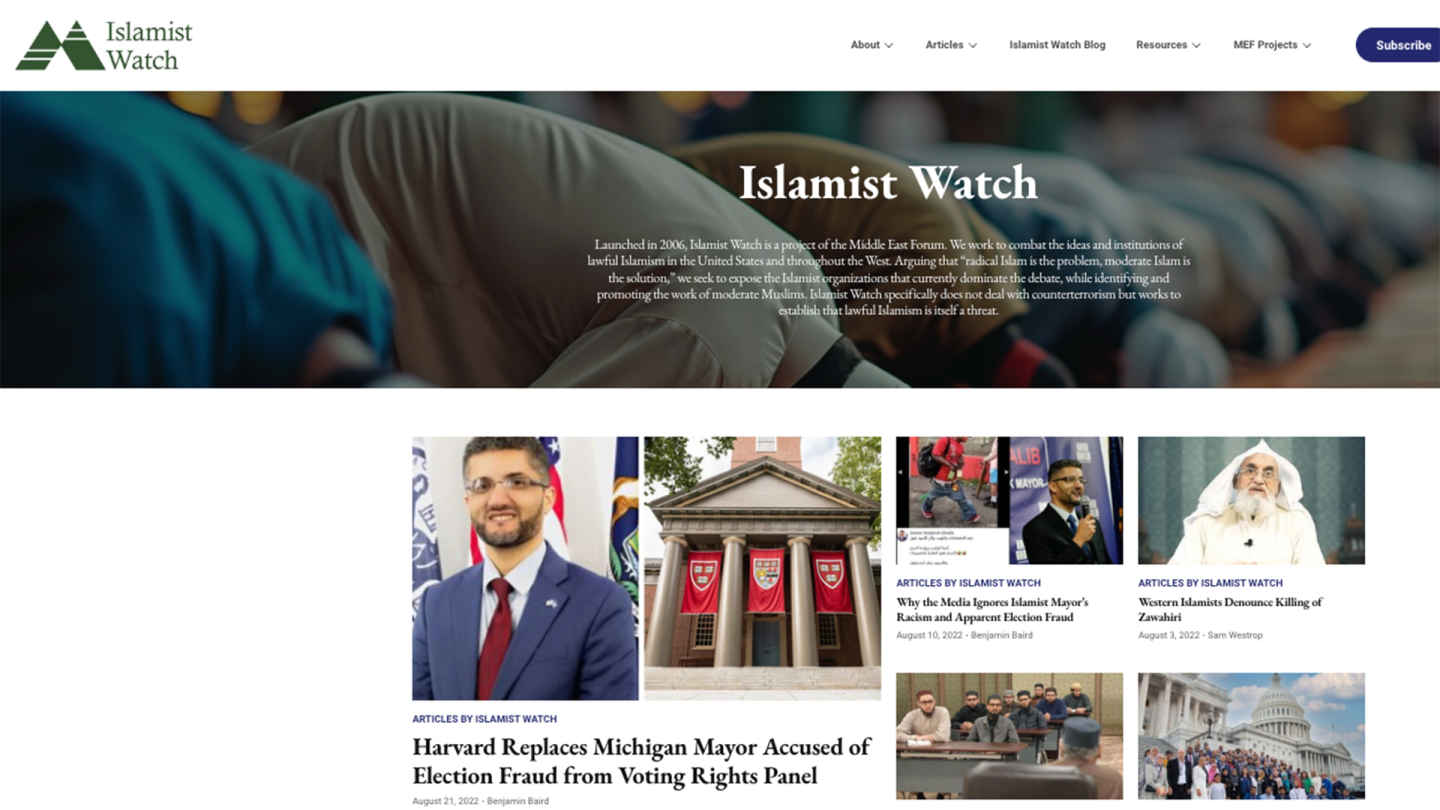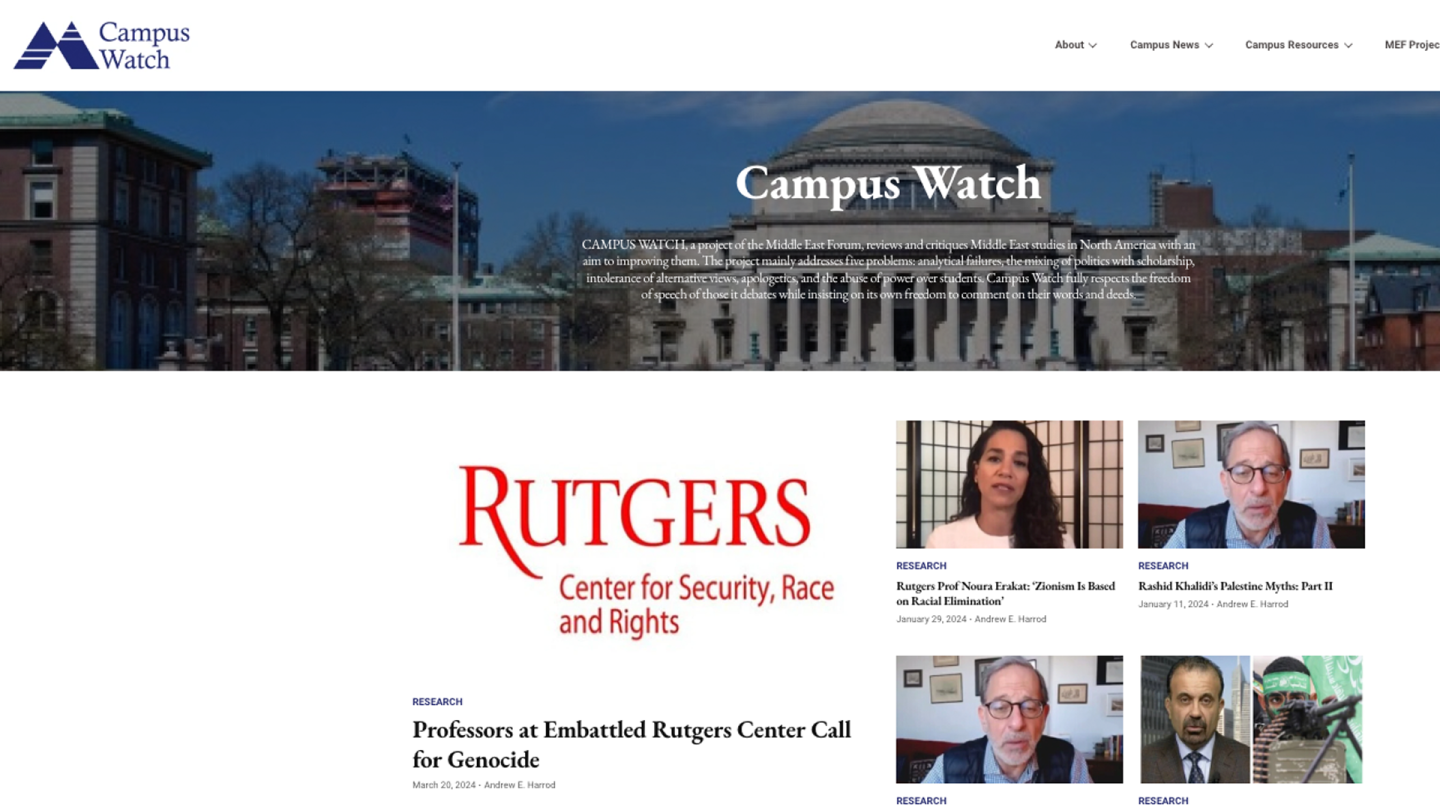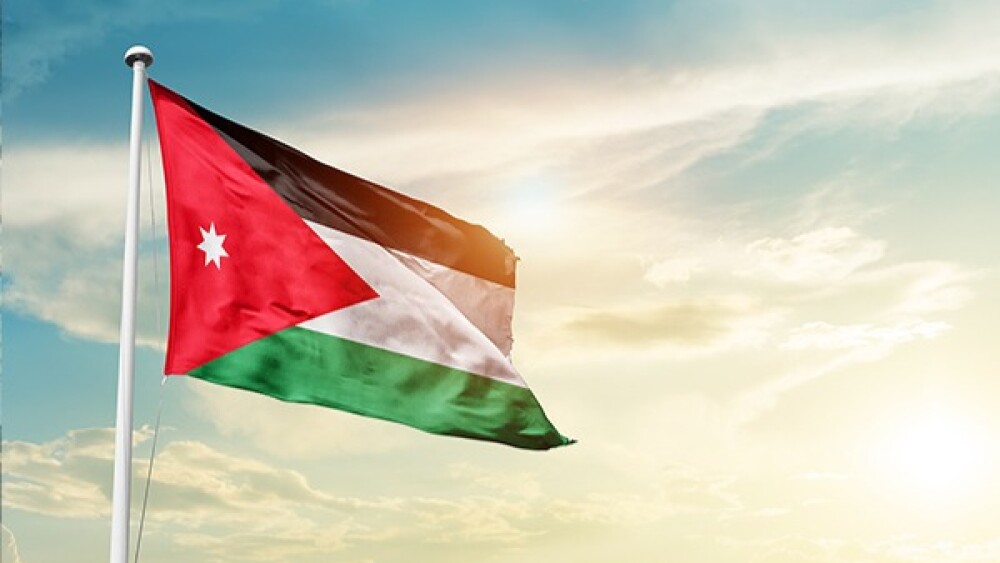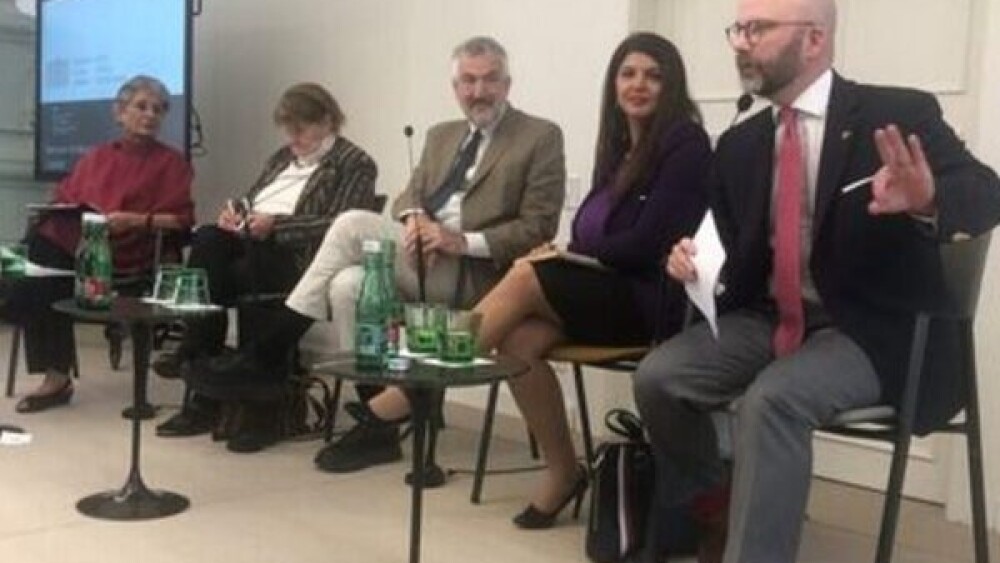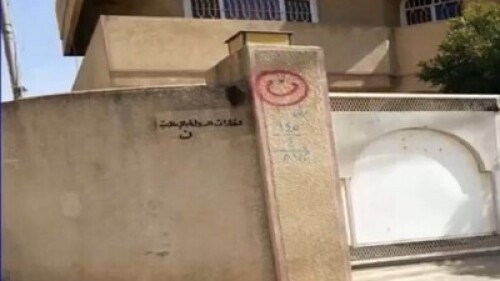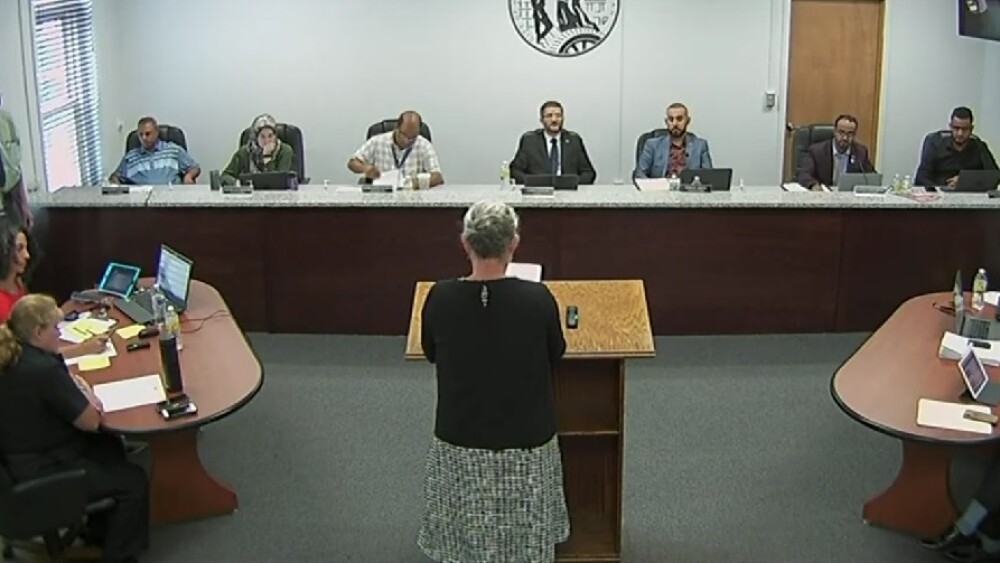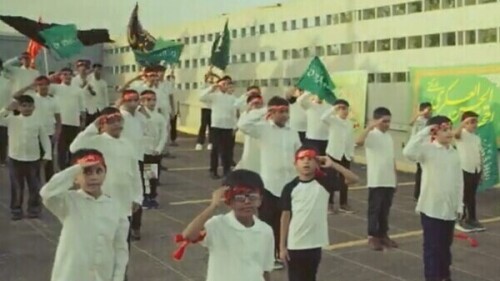Despite Growing Threats and Rising Antisemitism, Germany’s Pro-Israel Institutions Remain Dependent on the State and Unwilling to Confront It
As Deprivation Grows, Iranians Realize the Regime’s Poor Stewardship and Corruption Are More to Blame than Drought
Political and Military Will, and Manpower, Are Not Lacking in Southern Yemen
Labour Accused of Conflict of Interest for Appointing ‘Islamophobia’ Advisor to Run Watchdog
The Latest Violence in Syria Confirms a Hard Truth: The Current Regime Has neither the Capacity nor the Will to Rebuild a Unified, Pluralistic State
Greek Ships Are Ideal Targets: Rarely Escorted, High in Economic Impact and Low in Political Risk
Especially with Young Iranians, What Mohammad Reza Pahlavi Represents Remains a Growing Force in Iran’s Political Imagination
Don’t Expect Major Reforms from the Turkish State Regarding Kurdish Communities
As the Saudis Failed to Rebuff the Houthis, Their Plan B Has Been to Appease Them and, by Extension, Iran
Spotlight: Building a New Middle East
It remains to be seen if the peace agreement for Gaza will hold, but it is evident a new power dynamic for the region will emerge from the rubble. How will that play out and who will benefit?
The Palestinian problem will likely continue to fester, but the coalition put together by President Trump to deal with it has a larger goal of regional peace and prosperity. Can the Gulf States, Turkey, Egypt and Israel forge stable relationships and trade goods and services rather than punches?
The Palestinian problem will likely continue to fester, but the coalition put together by President Trump to deal with it has a larger goal of regional peace and prosperity. Can the Gulf States, Turkey, Egypt and Israel forge stable relationships and trade goods and services rather than punches?
Middle East Quarterly - Current Issue
Founded in 1994 by Daniel Pipes, MEQ is the Middle East Forum’s journal intended for both scholars and the educated public. Policymakers, opinion-makers, academics, and journalists write for and read the Quarterly, which is known for exclusive interviews, in-depth historical articles, and book reviews on subjects ranging from archaeology to politics and on countries from Morocco to Iran.
Fall 2025 Volume 32: Number 4
Fall 2025 Volume 32: Number 4
Middle East Forum Observer
Founded in 2024, the Observer provides rapid analysis on leading Middle East developments, from Marrakech to Mashhad and the Bab el-Mandeb to the Black Sea.
Launched in 2006, Islamist Watch is a project of the Middle East Forum. We work to combat the ideas and institutions of lawful Islamism in the United States and throughout the West. Arguing that “radical Islam is the problem, moderate Islam is the solution,” we seek to expose the Islamist organizations that currently dominate the debate, while identifying and promoting the work of moderate Muslims.
CAMPUS WATCH, a project of the Middle East Forum, reviews and critiques Middle East studies in North America with an aim to improving them. The project mainly addresses five problems: analytical failures, the mixing of politics with scholarship, intolerance of alternative views, apologetics, and the abuse of power over students. Campus Watch fully respects the freedom of speech of those it debates while insisting on its own freedom to comment on their words and deeds.















